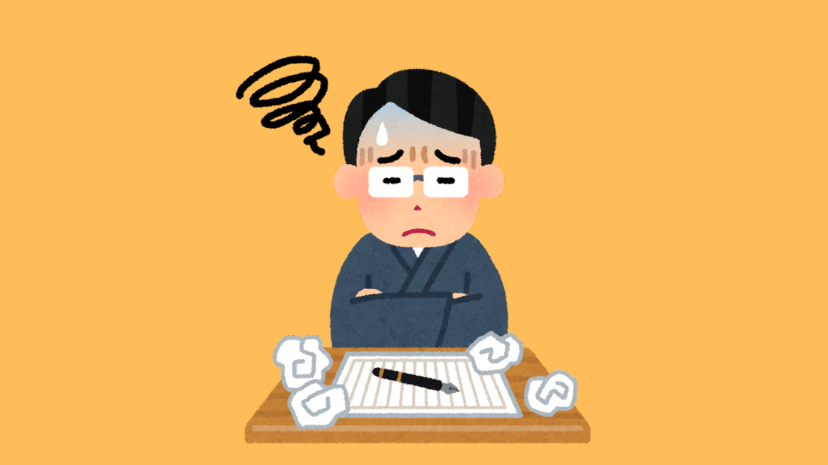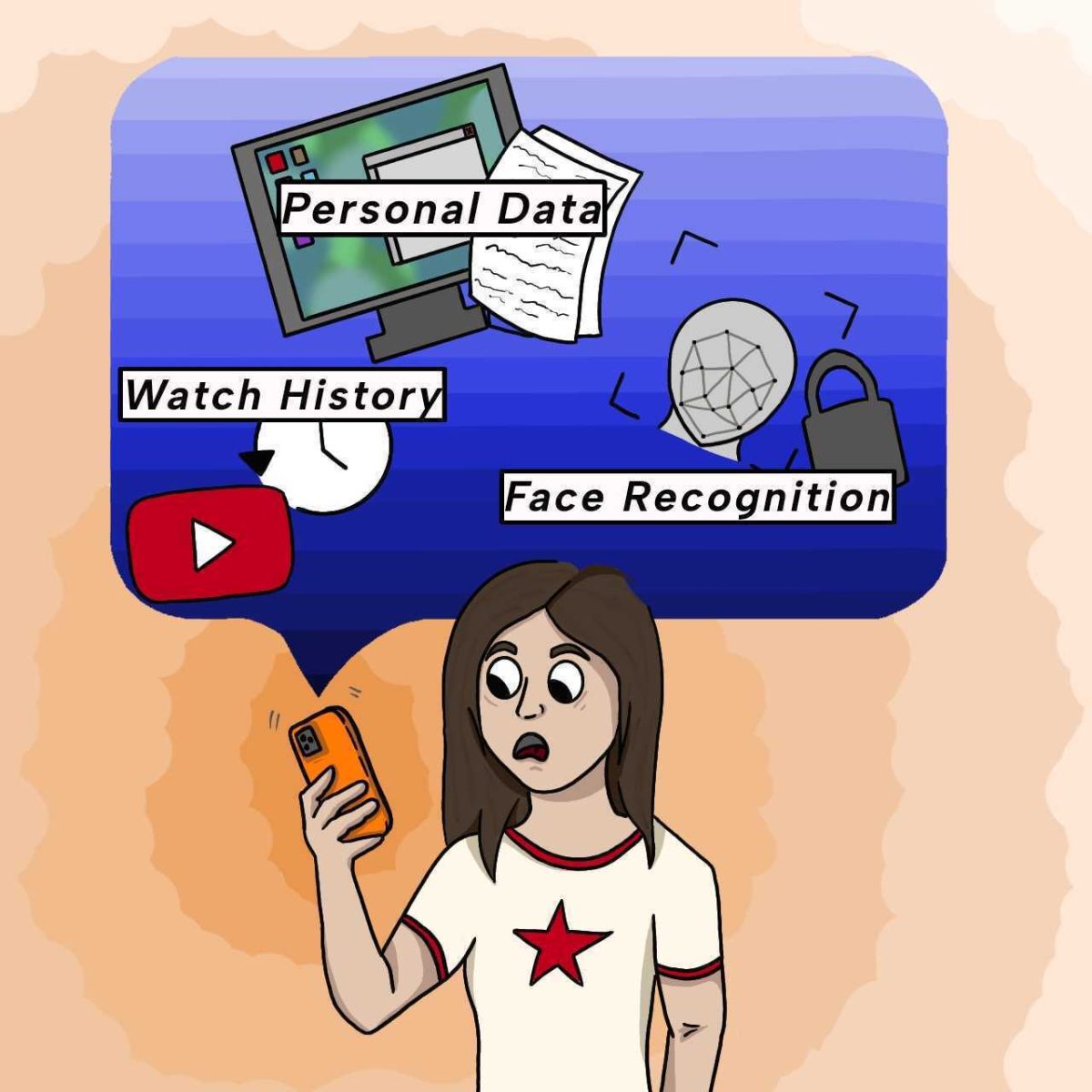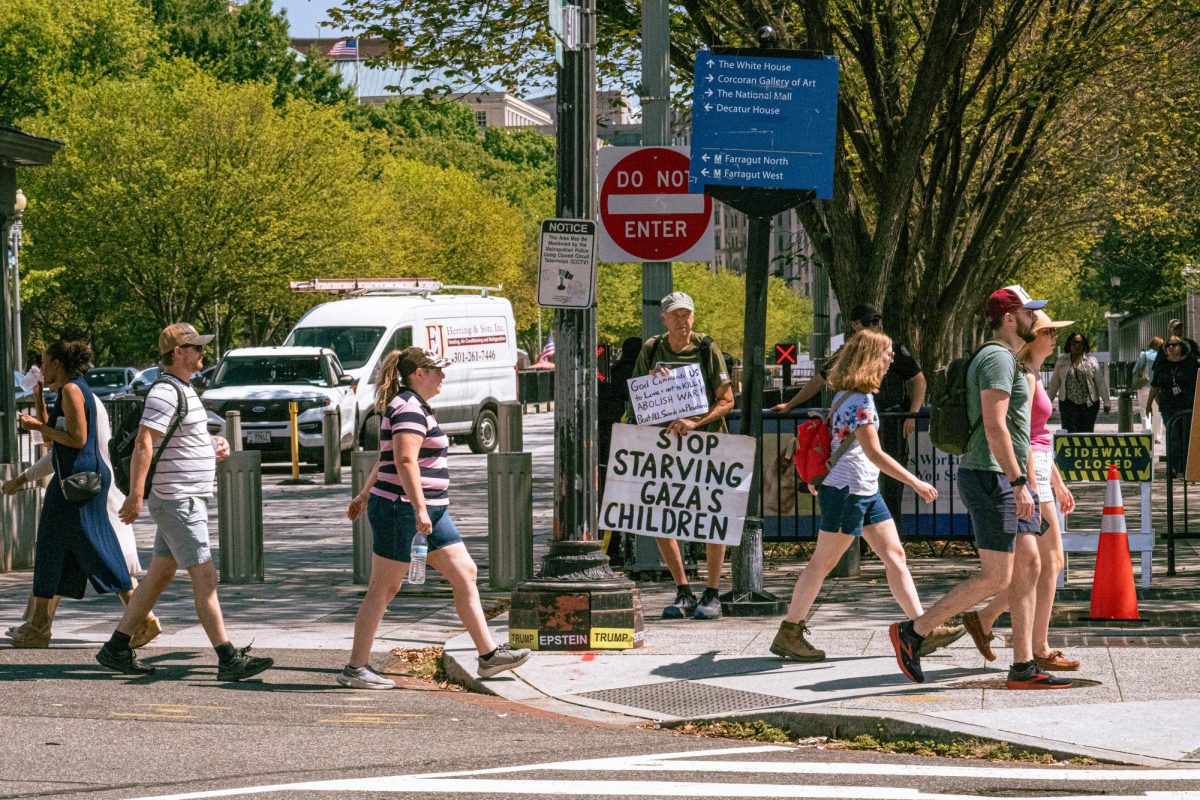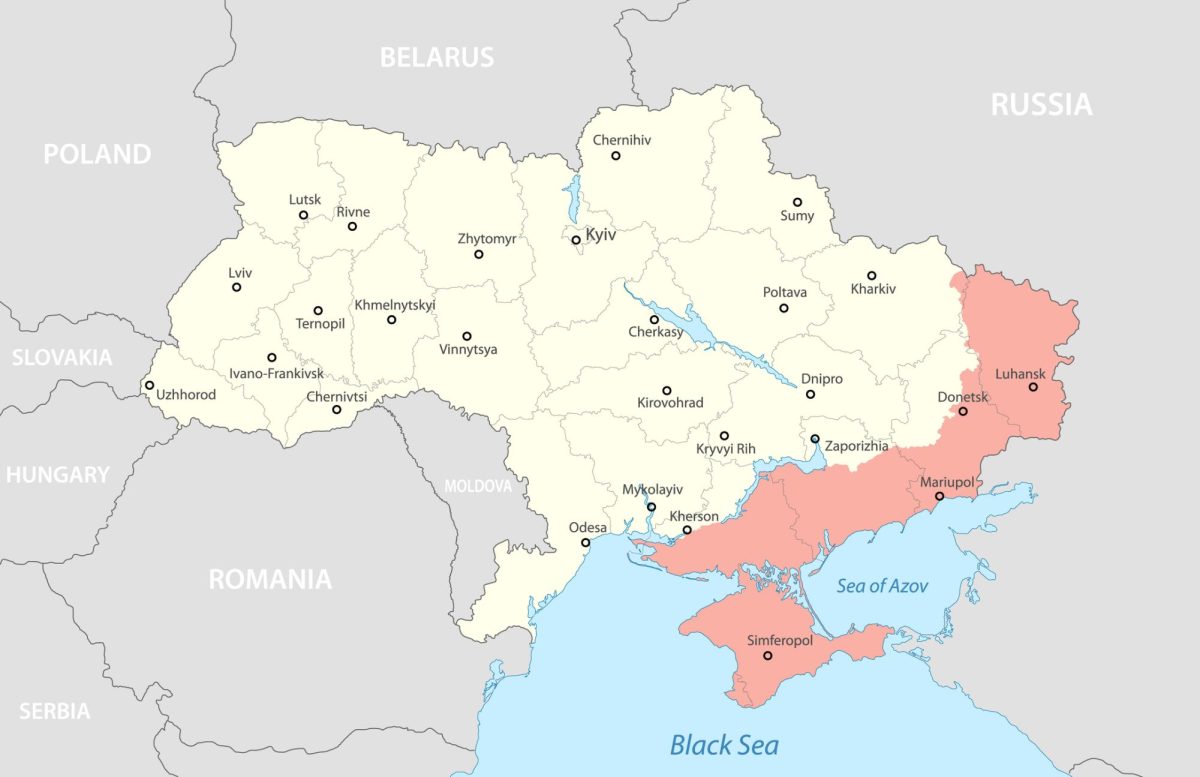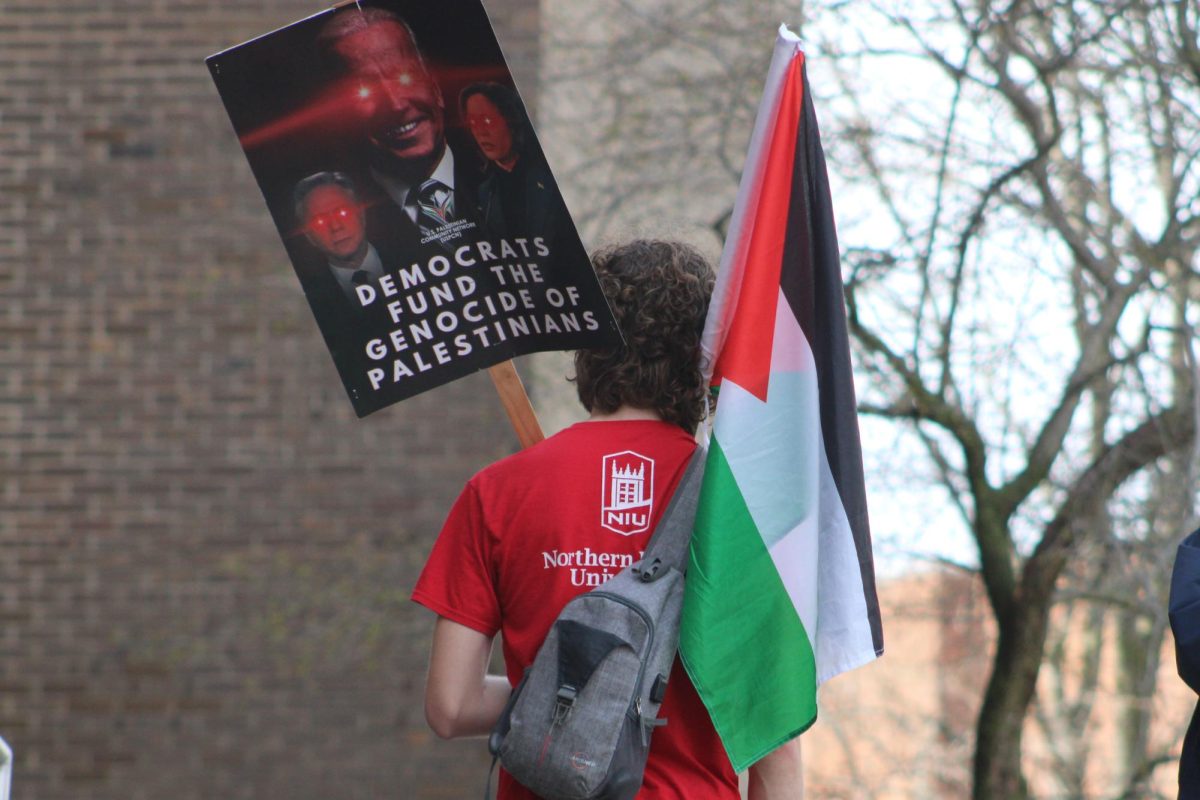Freedom of speech should extend to social media, so individuals can express their ideas freely on various platforms. Facebook, X – formerly known as Twitter – and Instagram have connected people over continents. Today, social media isn’t a place to express ideas freely.
The concept of freedom of speech on social media appears paradoxical. Many people can not fully express their opinions due to social media sites restricting what can be posted.
Social media companies are their own private businesses, so they can enforce community guidelines as they see fit. Both Facebook and Instagram’s community standards restrict posts such as spam, misinformation and hate speech, according to Meta.
However, users should be able to post or say whatever they want on the platform.
Texas HB20, a state bill passed in 2021, prohibits social media companies from banning accounts in Texas based on individuals’ political views. Even though social media organizations can enforce their own guidelines, there comes a point when a list of topics an individual can’t post outnumbers what they can.
While restricting posts is aimed at maintaining a safe environment, it impinges on freedom of speech. Social media regulation raises the question of where to draw the line between acceptable discourse and outright censorship.
David Gunkel, professor in the department of communication at NIU, explained social media companies do not strike a balance between protecting freedom of speech and restricting hate speech.
“Because there is no federal law that applies here, the social media companies are pretty much able to do what they want,” Gunkel said. “Which means that they often do very little – or the absolute minimum – when it comes to protecting freedom of speech and restricting hate speech, misinformation and harassment.”
Freedom of speech still applies when people make comments the public doesn’t like. Regardless of a person’s feelings toward someone or something, everyone has the right to the freedom of speech.
For example, Ye, also known as Kanye West, was welcomed back to X with open arms. The account was reactivated after it had been suspended for Ye’s harrassment through hateful and antisemitic tweets, according to MSNBC. Even though Ye tweeted hateful statements, he should still have the right to say what he believes, as is guaranteed by the First Amendment.
It is contradictory for individuals to be granted this so-called freedom of speech but not have it extend to social media.
Social media is the new norm for communication, and individuals must be able to speak freely on such platforms.
Although Ye’s actions weren’t good, it is imperative to strike a balance that respects the diverse perspectives and values inherent within a democratic society.
Only by recognizing these diverse perspectives can the public foster an environment where genuine freedom of speech thrives, allowing individuals to shape a society that is both inclusive and informed.














